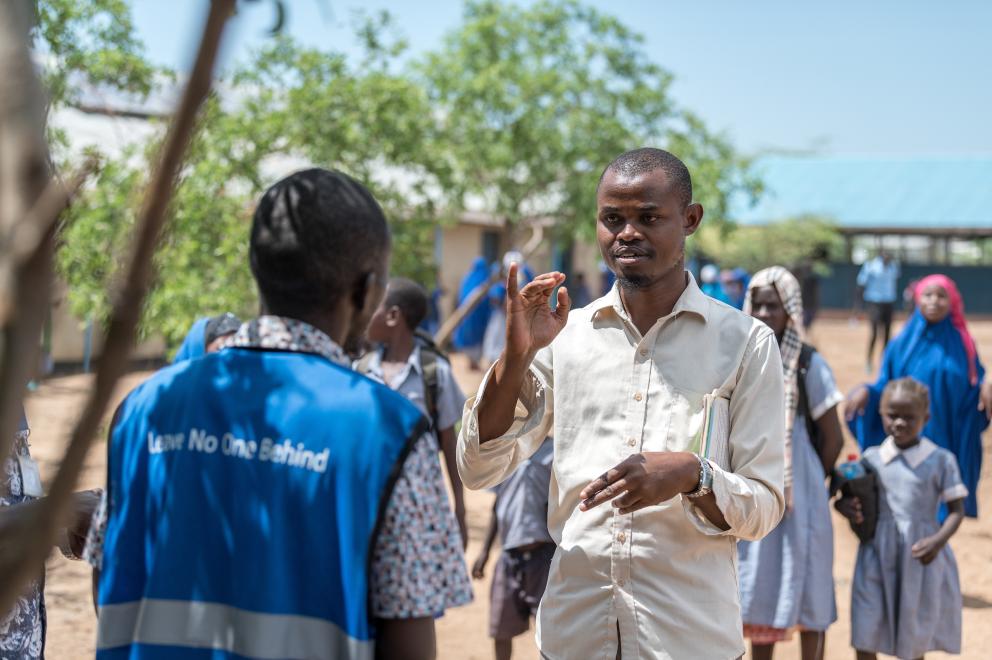“My cerebral palsy will remain a part of my life until the day God comes to take me to heaven. My brain is a small part of the whole of me…Everything I have achieved in life so far is because of my cerebral palsy,” added Watt, who is an independent education professional.
In African faith communities, it is common for disabled people like Watt to be excluded because of their disability.
However, change is expected as churches across the continent agree on guidelines to promote the inclusion and acceptance of people with disabilities in churches and communities.
Representatives from churches and disability groups developed the strategy at a conference held in Johannesburg, South Africa, from December 10 to 14.
The meeting was organised by the World Council of Churches (WCC) Ecumenical Disability Advocacy Network and brought together participants from the Church of England in South Africa, the Presbyterian Church of Kinshasa (a member church of the African Church of Christ in the Democratic Republic of the Congo) and the Baptist Church of Nigeria.
“This is a major development. I am happy to see churches coming together to make an effort to open up to people with disabilities. These are guidelines that churches can embrace together,” said Angeline Okolla, a Kenyan Quaker who coordinates the WCC Ecumenical Disability Advocacy Network.
According to church officials, the church plans to release the guidelines in the form of a booklet in January, which will also include ideas and best practices. Disability activists and leaders hope that the strategy will encourage African churches to embrace people with disabilities and bring about real, lasting change in the church.
These actions come at a time when exclusion continues to manifest itself through experiences of violence, physical, psychological and emotional suffering, etc. According to the conference’s concept document, among the various ways in which oppression is practiced, the most visible acts are those that manifest in the form of ableism.
With this in mind, the conference aimed to integrate practical initiatives in disability inclusion, such as building a network to think and discuss about disability, and to build a two-way and functional network between people with disabilities, clergy and church leaders.
The Rev. Dr. Helen Ewena Ishola Esan, rector of the Baptist Theological Seminary in Eku, Nigeria, said the guidelines would help churches understand the basis for inclusivity in worship leadership and experience.
“The plan spells out how integration and inclusion of persons with disabilities will be achieved in a meaningful and effective manner,” Ishola Ehsan said.
Sebenzile Matshebula, former director of the Department of the Presidency of South Africa’s Department of the Status of Persons with Disabilities, based the guidelines on this basis. [on which] People with disabilities can be part of faith-based communities.
“These reforms will enable people with disabilities to take part in meaningful worship services and also empower churches to understand the importance of including people with disabilities,” said Matsebula, who is a member of the Anglican Church in South Africa.
During the conference, participants heard that the church should remain a place that does not discriminate and where people can find unconditional love, security and peace.
From sharing the guidelines to identifying whether disability can be included in the theological curriculum, participants were committed to embracing the guidelines.
Ecumenical Disability Advocacy Network (EDAN)

